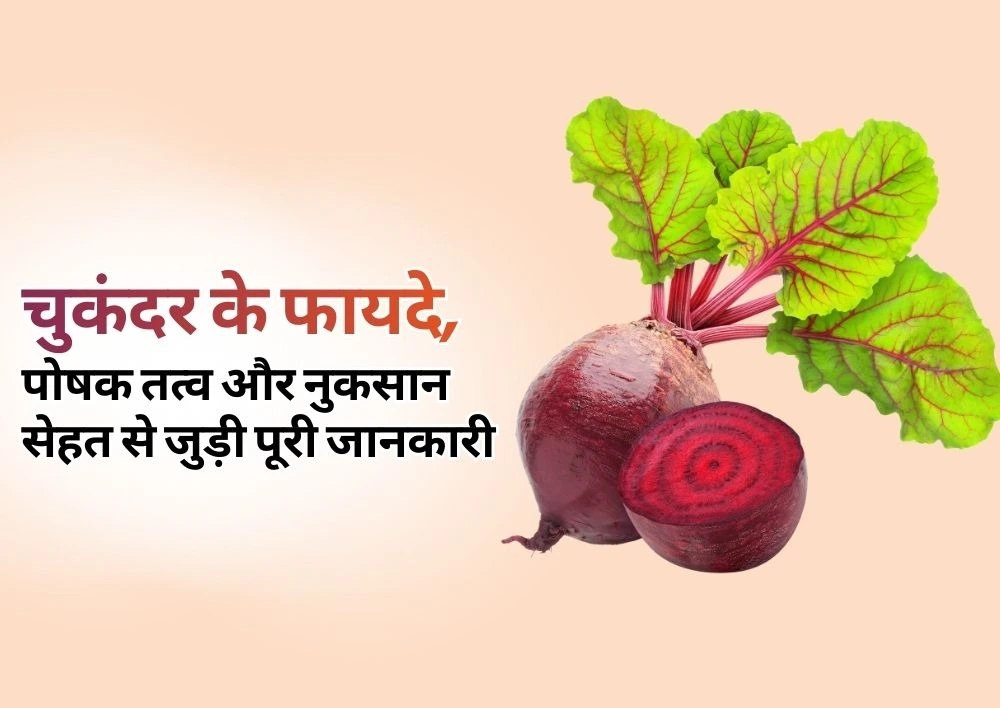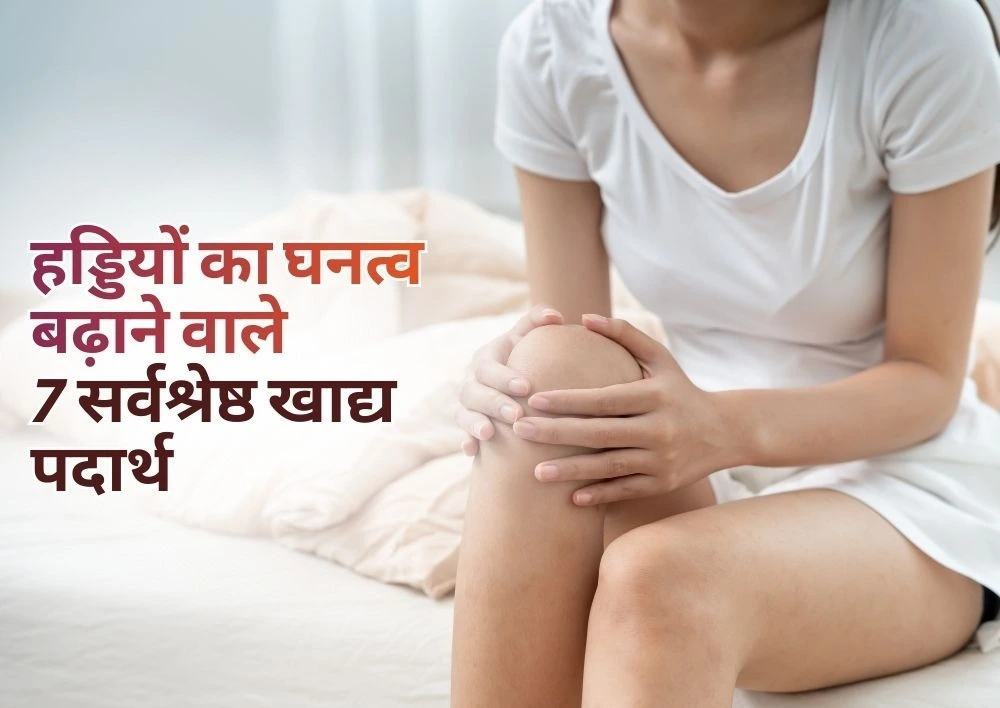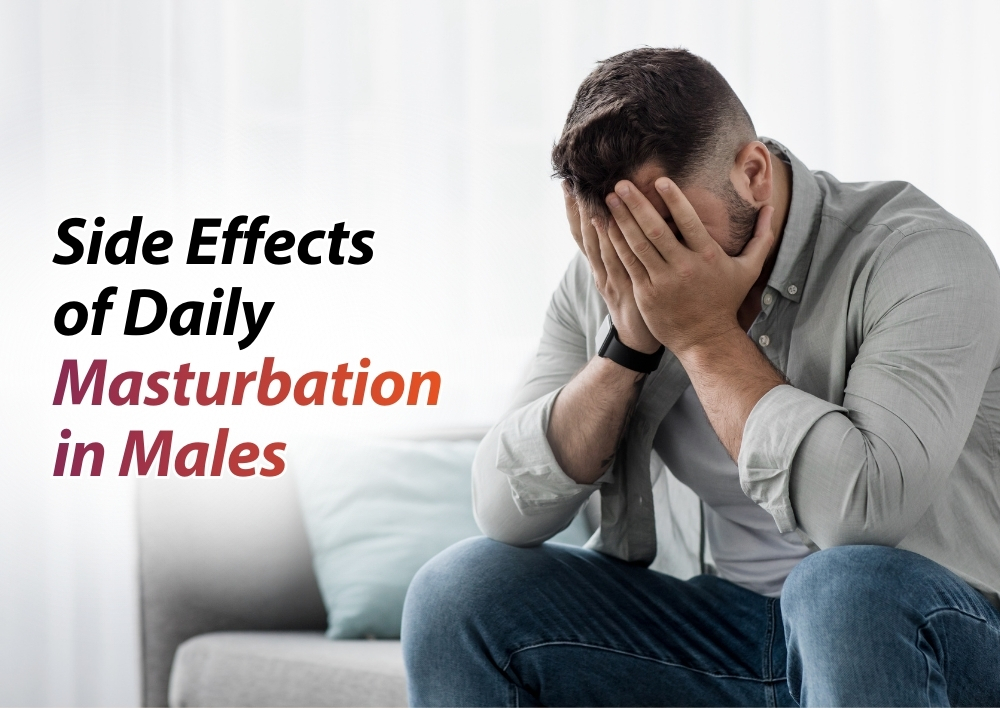Tips to Avoid Exhaustion During Long Garba Nights
Summary
Garba nights are among the most energetic and vibrant aspects of Navratri celebrations. The music, the beats of the dhol, and the vibrant atmosphere keep everyone dancing for hours. But as exciting as it is, continuous dancing can take a toll on your body, leaving you drained or even exhausted. To make the most of these festive nights without feeling exhausted, it is essential to prioritize your energy, hydration, and overall well-being.
Fatigue vs Exhaustion
Many people use fatigue and exhaustion interchangeably, but they are slightly different.
-
Fatigue usually means feeling tired, low in energy, or sleepy after activity. It often improves with rest, hydration, or a good meal.
-
Exhaustion, on the other hand, is more intense. It is a state of extreme physical or mental weariness where your body struggles to function properly, even after short breaks.
Recognizing the difference helps you take the right action. If you are only fatigued, a quick rest or snack may help. But if you are exhausted, you need proper recovery, and sometimes even medical attention.
Tips to Avoid Exhaustion
Here are some effective tips to avoid exhaustion during long Garba nights while enjoying every step of the dance.
1. Build Your Stamina in Advance
If you are planning to attend multiple Garba nights, prepare your body beforehand.
-
Engage in light cardio like jogging, skipping, or Zumba.
-
Practice Garba steps daily for 15–20 minutes before Navratri.
Staying active improves endurance and makes long dance sessions easier.
According to Dr. Sumit Gulla, Senior general physician in Gurgaon at Miracles Mediclinic, “Consistent physical activity before Navratri can significantly reduce fatigue and body strain. Building stamina in advance ensures that you enjoy Garba without feeling drained.”
2. Stay Hydrated Throughout the Night
Dancing for hours leads to sweating and loss of fluids, which can quickly make you feel tired or dizzy.
-
Keep a water bottle handy and drink small sips at regular intervals.
-
Coconut water, lemon water, or electrolyte drinks are also the best choices to restore lost minerals.
-
Avoid drinking too many caffeinated or sugary beverages, as they can dehydrate you.
Pro tip: Take a few sips of water during breaks instead of chugging large amounts at once.
3. Eat a Balanced Pre-Garba Meal
The right meal before dancing can give you the stamina you need.
-
Choose light yet energy-rich foods like poha, upma, sprouts, or whole-grain sandwiches.
-
Avoid oily, heavy, or fried food, as it can make you sluggish and uncomfortable while dancing.
-
Include fruits like bananas or apples for natural energy.
Quick snack idea: A handful of dry fruits or a granola bar can fuel your body before you hit the dance floor.
4. Wear Comfortable Clothing and Footwear
Your outfit and footwear play an important role in how long you can dance without getting tired.
-
Opt for breathable fabrics like cotton or georgette that allow air circulation.
-
Choose footwear that provides proper grip and cushioning. Juttis and sandals with padded soles are good options.
-
Avoid heels or stiff shoes that can cause foot pain and fatigue.
Tip: Carry an extra pair of comfortable shoes in case you need to switch.
5. Warm Up Before You Start
Starting suddenly without warming up can cause early exhaustion.
-
So, just like any other form of physical activity, Garba also requires warming up.
-
Do some light stretching or slow steps to prepare your body.
-
A quick 5-minute warm-up can reduce muscle stiffness and prevent cramps.
-
Focus especially on your legs, arms, and shoulders since they’re most active during Garba moves.
6. Take Short Breaks Between Rounds
It is tempting to keep dancing non-stop, but your body needs small rests.
-
Pause for 5–10 minutes every hour to recharge.
-
Use this time to hydrate, stretch, or sit down for a bit.
-
Even a short break helps your body regain strength for the next round.
Smart strategy: Dance in alternate rounds if you’re planning to stay late into the night.
7. Maintain the Right Posture
Dancing with poor posture can strain your back and legs, making you tired faster.
-
Keep your spine straight and shoulders relaxed.
-
Avoid locking your knees; keep them slightly bent for better balance.
-
Distribute your weight evenly on both feet to reduce pressure.
Extra benefit: Good posture not only prevents exhaustion but also improves your dance moves.
8. Listen to Your Body
Exhaustion often starts with small signals that many people ignore.
-
Watch out for dizziness, cramps, or excessive sweating.
-
If you feel too tired, stop and take a rest rather than pushing yourself.
-
Don’t compare your stamina with others; everyone’s consistency is different.
Golden rule: Enjoy Garba at your own pace without overexertion.
9. Post-Garba Recovery is Important
How you treat your body after the event matters too.
-
Drink enough water before going to bed.
-
Eat a light snack like fruit or a bowl of curd to restore energy.
-
Do some gentle stretching to relax your muscles and prevent stiffness the next morning.
Bonus tip: A warm shower can help soothe sore muscles and promote better sleep.
10. Keep Your Mind Energized
Exhaustion is not only physical but also mental.
-
Dance with friends or in groups to keep your energy levels high.
-
Focus on enjoying the rhythm instead of worrying about steps.
-
Keep a positive attitude; the festive spirit itself boosts your stamina.
How to Treat Exhaustion After Garba Nights
-
Even with precautions, you may still feel extremely tired after long hours of dancing.
-
Rest properly—sleep for at least 7–8 hours to allow your body to recover.
-
Replenish fluids with water, coconut water, or herbal teas.
-
Eat a balanced meal rich in proteins and vitamins to restore energy.
-
Use relaxation techniques like deep breathing or meditation to reduce mental fatigue.
-
Gentle massages or applying warm compresses can help soothe sore muscles.
Taking these steps will ensure you bounce back quickly and feel fresh for the next round of celebrations. However, if you feel weak, fatigued, or drained even after proper rest, it could be due to underlying exhaustion reasons such as dehydration, lack of sleep, nutritional deficiencies, or even medical conditions. This may be a sign that your body needs medical attention. Consult a general physician near you to get expert advice and the right treatment.
Conclusion:
Garba nights are all about joy, devotion, and togetherness. By following these simple tips to avoid exhaustion, you can dance longer, feel more energetic, and truly enjoy the festival without discomfort. Remember, it is not about how many hours you dance, but about making the most of the celebration while keeping your health in check.
So, gear up, take care of yourself, and get ready to enjoy those long Garba nights with full energy and enthusiasm! Looking for more health and wellness tips during festivals? Stay tuned for expert-backed advice that helps you enjoy celebrations without compromising your well-being.
Frequently Asked Questions
Exhaustion feels like extreme tiredness, weakness, and lack of energy that doesn’t improve even after rest.
Stay hydrated, eat a balanced diet, sleep well, and manage stress through relaxation or light exercise.
Yes, in severe cases where exhaustion is linked to dehydration, infections, or underlying illnesses, hospitalization may be required.
Deficiency of Vitamin B12, Vitamin D, and iron are common causes of tiredness and low energy.
Thyroid disorders, diabetes, heart disease, sleep apnea, and chronic infections can all lead to exhaustion.
Your muscles weaken, mental focus drops, and the body struggles to recover, often leading to dizziness and irritability.
Dr. Sumit Gulla, Senior General Physician at Miracles Mediclinic, Gurgaon, is one of the best doctors for exhaustion treatment.



.webp)











Was the information useful?
0 0